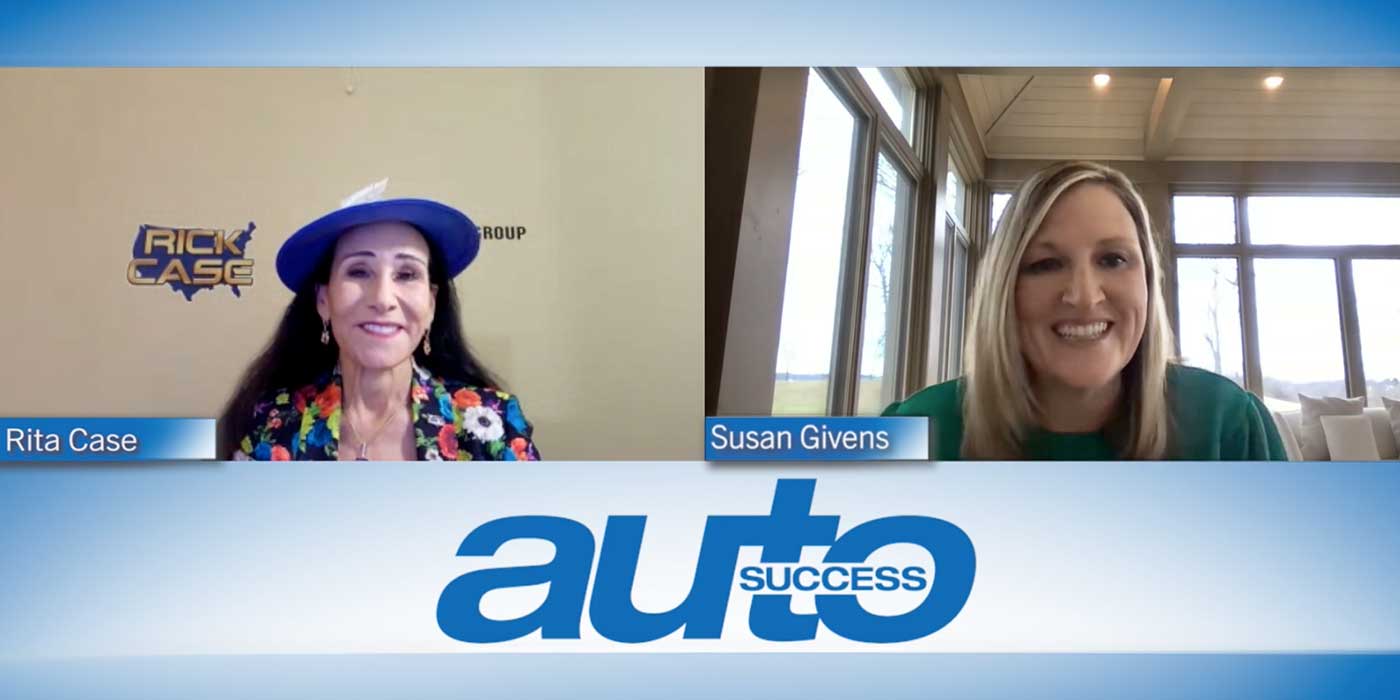Considering the broad sweep of the FTC staff report, “Buckle Up – Navigating Auto Sales and Financing,” the devil must be in the details. Hopefully the information needed to address buyer complaints is in the raw data. The study was based on interviews with 38 car buyers who purchased vehicles from franchised new car dealers, independent used car dealers and buy here, pay here dealers. The topics included advertising; negotiating a price; negotiating financing terms; ancillary products and services; reviewing and signing the documents; and re-contracting.
Inquiries of this nature are often the precursor to new regulations. However, in my view, the nature of the negative comments had little to do with rule infractions. For the most part, they reflected sellers not being sensitive to the needs of the buyer — and buyers not fully versed on the fundamentals of the vehicle sales and financing processes.
With more definitive data, the sellers’ shortcomings can be identified and addressed. As for car-shopper knowledge, by my estimate, if armed with just six tidbits of basic information, 75% of the customer issues reported would have been eliminated.
Buyer complaints ran the gamut from not knowing that vehicle purchases were negotiable to the vexing fine-print qualifiers in newspaper and TV ads. The buyers included the owner of a new Porsche and the owner of a very used pickup bought with monthly payments made to the dealer.
The FTC staff report did not tie the number and nature of the complaints to specific sales venues — new car franchise, independent used or buy here, pay here dealers. It also wasn’t clear what the interviewed customers’ response options were. Did they have a full range of choices, from very satisfied to not satisfied? Were only negative comments reported? Also missing was the percentage of negative responses relative to the total number of transactions.
This same lack of numerical perspective holds true for reports that automobile-related consumer complaints are the perennial leader among reporting categories. If you include private party sales, more than 56 million cars and light trucks were sold in 2019. Are there more auto purchaser complaints simply because of the sheer number of transactions? Or is the percentage of customer complaints higher per units sold than for similar consumer product purchases?
In either case, the fix is threefold. First, car dealers across the board must be cognizant of — and responsive to — the sales process limitations of their clientele. Second, the industry must remain diligent in providing multi-tiered state and federal regulation education to all types of dealers. Third, and most universally beneficial, is educating consumers. For franchised dealers, displaying NADA’s “Voluntary Protection Products: A Model Dealership Policy” notice in F&I offices is a key first step. It provides customers with essential information about aftermarket products.
I’ll share my six essential tidbits of information that consumers need to make an educated purchase in the next issue. You can see if you agree.














